Call for tougher wildlife crime penalties
- Published
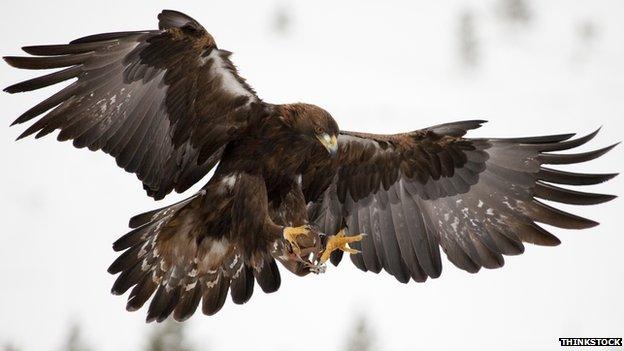
People convicted of wildlife crime could be imprisoned for a year and fined £40,000 under proposals being considered by the Scottish government.
A new report, drawn up by a review group chaired by an environmental law expert, has set out 10 recommendations , externalto cut down on wildlife crime.
They include maximum penalty increases and greater use of alternative penalties such as forfeiture.
The report also calls for new sentencing guidelines.
Further recommendations include systematic use of impact statements in court and consolidation of wildlife legislation.
The report concludes that penalties for wildlife crimes have fallen behind those for other types of environmental crime and that fine levels for many of these crimes have not kept pace with inflation.
'Unacceptable activities'
Strathclyde University environmental law expert Professor Mark Poustie, who chaired the review group, said: "I consider that the group has produced a range of balanced and practical recommendations which should enhance the deterrence of penalties for wildlife crimes and I urge the minister to take forward the proposals in the report."
Environment Minister Aileen McLeod said: "Wildlife crime poses a real risk to our natural heritage and has a detrimental effect on the people of Scotland who want to enjoy seeing Scotland's wildlife on their doorstep, but also more widely to Scotland as a whole.
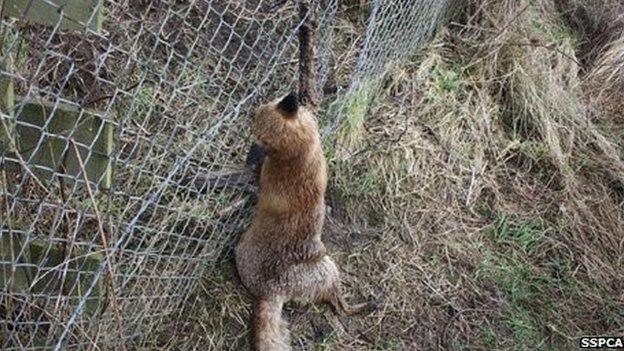
There have been calls for a complete ban on snares
"It is vital that the available penalties are an adequate deterrent and properly reflect the impact these crimes can have on Scotland's environment and wildlife tourism industry.
"The Scottish government has already taken action to put an end to the illegal poisoning and killing of birds of prey, and I will continue to take whatever steps are necessary to see an end to these unacceptable activities, targeting our wildlife, which continue to take place."
She added that the report was one of a number of actions being taken by the Scottish government to "tackle wildlife crime and ultimately provide better protection for Scotland's environment and wildlife".
"I will carefully consider all the recommendations and will make a further announcement on how we intend to take this work forward," she said.
Inconsistent penalties
Ian Thomson, RSPB Scotland's head of investigations, said: "Scotland has some of the best wildlife protection laws in Europe but, in our opinion, these need to be effectively enforced and there needs to be meaningful sentences imposed on those convicted of wrongdoing.
"We need to learn from the experiences in other similar countries where we are aware that sanctions available to the courts act as a real deterrent."
He said that in recent years, where prosecutions had been successful, penalties imposed by the courts had been inconsistent for similar offences.
"They have also largely failed to reflect the actual or potential conservation impact of the offences, and whether the offending was carried out in the course of employment, often with the aim of financial gain," Mr Thompson added.
"We commend the work of the review panel in producing a comprehensive report that acknowledges and reflects many of the concerns we share. We wholeheartedly support the recommendations made in this review, and hope that these are implemented in full by the Scottish government."
- Published5 November 2015
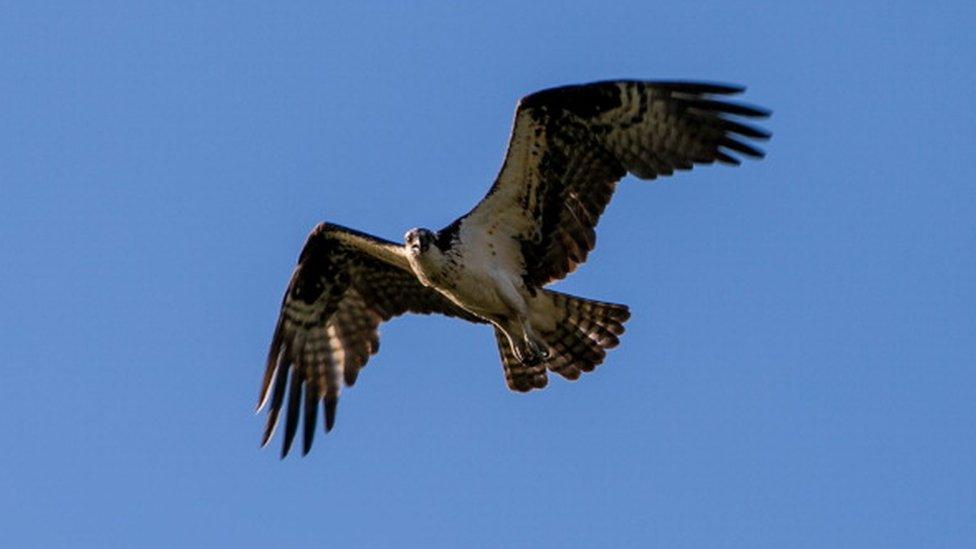
- Published20 February 2015
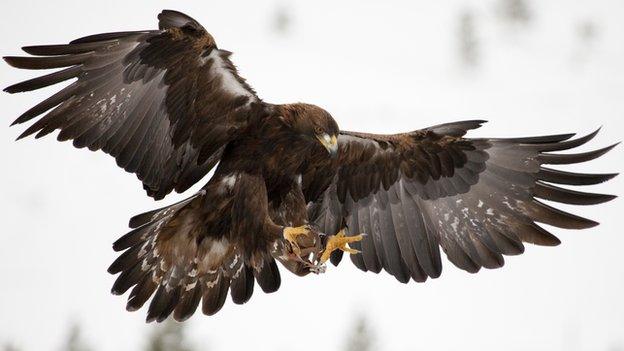
- Published8 December 2014
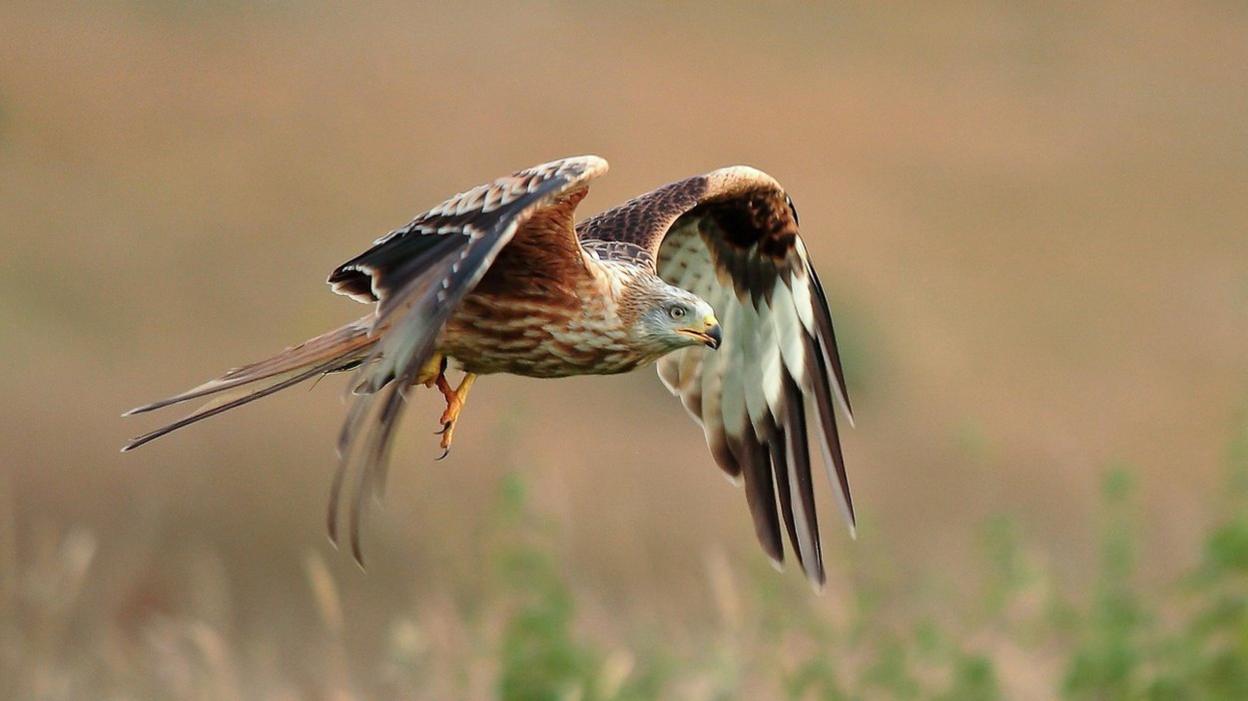
- Published28 August 2014
